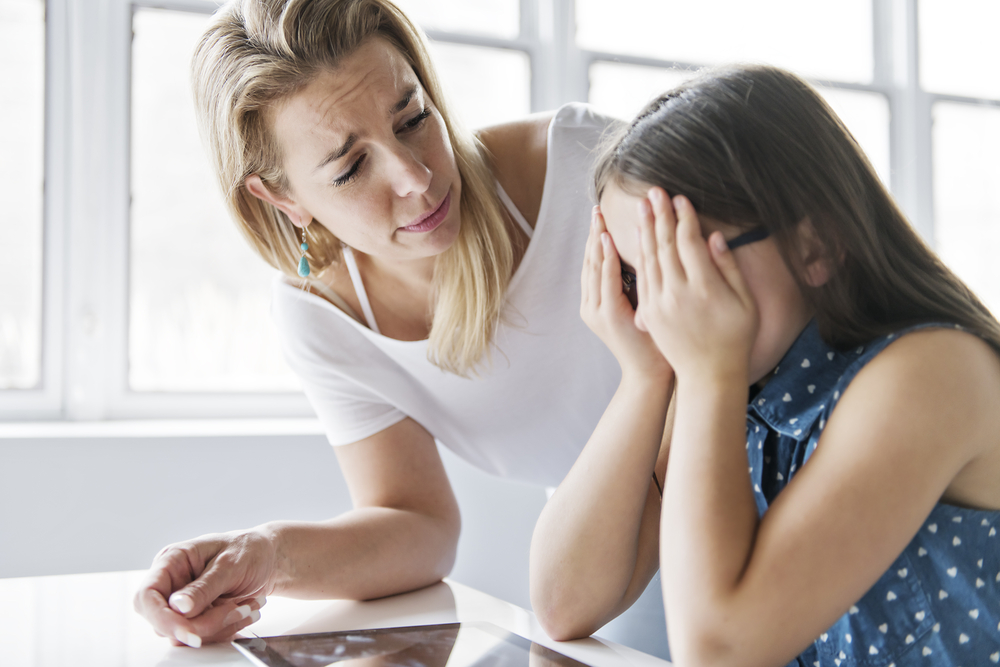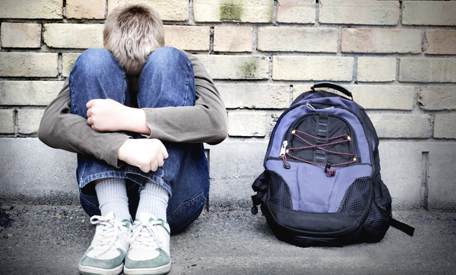Rebuilding Lives: The Journey of Recovery for Victims of Bullying

Overcoming the Scars: Empowering Recovery for Victims of Bullying
Bullying, a pervasive issue that manifests in various forms, wreaks havoc on the emotional and psychological well-being of its victims. Its long-term effects can be profound, leaving survivors with deep emotional wounds that require time, support, and resilience to heal.
Understanding the Impact of Bullying Bullying encompasses a range of aggressive behaviors that intentionally inflict harm on others. These behaviors can be physical, verbal, or psychological and can occur in various settings, including schools, workplaces, and online spaces.

The impact of bullying can be devastating, leading to low self-esteem, anxiety, depression, and even suicidal thoughts or behaviors. Research consistently demonstrates the detrimental effects of bullying on victims. A study published in the journal JAMA Pediatrics found that children who were bullied were more likely to experience mental health problems, such as depression and anxiety, as well as physical health problems, such as headaches and stomachaches.
The Stages of Recovery Recovering from the trauma of bullying is a complex and individualized process that can vary greatly from person to person. However, there are some common stages that many survivors experience: – Shock and Disbelief: In the immediate aftermath of bullying, victims may experience shock and disbelief. They may struggle to comprehend why they were targeted and may feel isolated and alone.
– Anger and Resentment: As the initial shock wears off, victims may experience intense feelings of anger and resentment toward their bullies. They may also blame themselves for what happened, which can further damage their self-esteem.
– Fear and Avoidance: Victims of bullying may develop a sense of fear and anxiety that can lead them to avoid situations or places where they might encounter their bullies. This avoidance can interfere with their daily lives and make it difficult for them to move on.
– Acceptance and Healing: Over time, victims of bullying may begin to accept what happened and start to heal their emotional wounds. This process can be aided by therapy, support groups, and the development of positive coping mechanisms. Support Systems for Recovery Recovering from bullying requires a strong support system. This can include family, friends, teachers, counselors, and other caring individuals who can provide emotional support, validation, and encouragement.
Therapy can be particularly helpful for victims of bullying. A therapist can provide a safe and supportive space for victims to process their emotions, develop coping mechanisms, and heal from the trauma they have experienced.
Self-Empowerment and Advocacy In addition to seeking support from others, victims of bullying can also find strength and healing through self-empowerment and advocacy. This can involve setting boundaries with bullies, speaking out against bullying, and sharing their stories to raise awareness. By taking an active role in their own recovery, victims of bullying can reclaim their power and rebuild their lives.
Bullying is a serious issue that can have a lasting impact on its victims. However, with the right support and resources, victims can heal from the trauma they have experienced and rebuild their lives. By raising awareness about bullying, supporting victims, and holding bullies accountable, we can create a world where everyone feels safe and respected.

Recovery for victims of bullying
Reportbullying.com offers a complete follow up program to address recovery for victims of bullying.
contact us anytime at 1-866-333-4553 or office@rpeortbullying.com
